Biomarkers, CDx & Precision Medicine 2026
.png)
Congress Centre Basel, Basel, Switzerland
Biomarkers & Precision Medicine 2025
From beginning to end, Biomarkers & Precision Medicine 2025 showcased the remarkable innovation within our community.
An incredible two days of learning, networking, and innovation. We've seen how the latest breakthroughs in multi-omics, AI, and digital pathology are not just abstract concepts, but the building blocks of a new era in precision medicine.
Labcorp Powers the Future of Precision Medicine in London
Biomarker & Precision Medicine 2025 was made possible thanks to our incredible Diamond sponsor, Labcorp! Their support was pivotal in advancing the conversation around targeted therapies and diagnostics.
As a leader at the intersection of drug development and patient care, Labcorp is uniquely positioned to accelerate the field - from pioneering advanced Next-Generation Sequencing (NGS) and comprehensive genomic profiling to co-developing companion diagnostics (CDx) that ensure the right patient gets the right treatment, especially in oncology.
Their expertise is critical to translating biomarker insights into life-saving patient outcomes.
Watch our interview with Taylor Jensen, Vice President & Head of Science for Oncology at Labcorp, and learn more about Labcorp’s mission at https://www.labcorp.com/
WINNERS
AI Innovation of the Year
Nexomic
Best Biomarker Development Programme of the Year
Nordic Bioscience
Excellence In Rare Disease Precision Medicine
Hoffmann-La Roche
Innovation & Collaboration of the Year
Estonian Biobank, MyGenome: Participant Portal
Excellence In Patient-Centric Precision Medicine
Johnson & Johnson Innovative Medicine
CRO Provider of the Year
IXICO
Best Industry-Academic Collaboration of the Year
Roche Diagnostics
The Omics Data Visionary Award
The Cancer Epidemiology Unit, University of Oxford
Champion of Tailored Therapies for Oncology
Cancer Research UK Southampton Clinical Trials Unit
Diagnostic Development Breakthrough of the Year
Roche Diagnostics Solutions
Best Precision Medicine Start-Up of the Year
Imagene
Biggest Technology Impact of the Year
Snijder Lab, ETH Zurich
Outstanding Contribution to Precision Medicine
Bruce Jordan, Roche Diagnostics
Relive all of the fantastic content from our industry leading Biomarkers & Precision Medicine events.
We've turned select sessions into a 5-minute quick watch video, pulling all the key insights together so you can understand trends, benchmark your work, inform your strategy and get to market, faster!
Get all of the key insights in one place by accessing LifeScienceXchange now.

.png?width=444&height=134&name=Precision%20Medicine%20Awards%202025%20Logo%20(Light).png)
Join us at the Precision Medicine Awards 2025, for an evening dedicated to celebrating visionary institutions and individuals who are driving innovation & excellence in Precision Medicine. Held at the stunning Grade II listed Assembly Hall at Church House - just a 3 minute walk from the conference venue - this prestigious event offers a unique timely opportunity to celebrate and honour groundbreaking achievements in the industry which are accelerating targeted treatments and transforming patient outcomes.
Meet Our Expert Speakers
The event brings together a panel of prominent leaders and scientists, sharing new case studies, innovative data, and industry outlooks. Below were some of the featured speakers at Biomarkers, CDx & Precision Medicine 2025: 30 September - 01 October 2025, London, UK
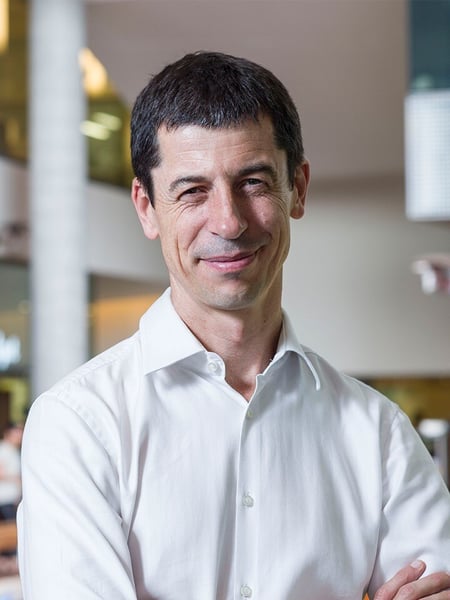
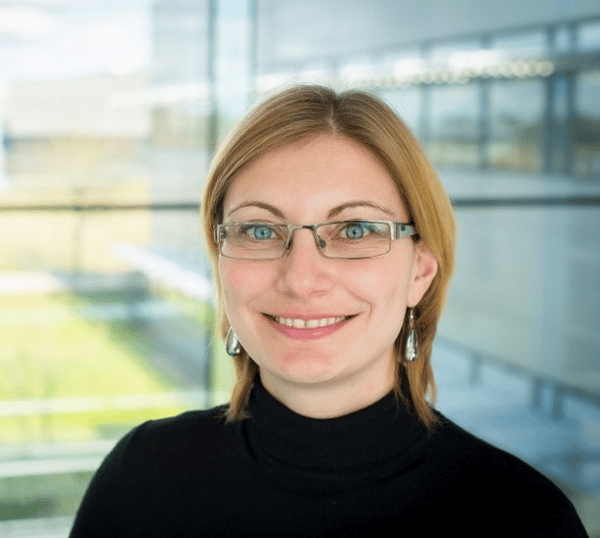
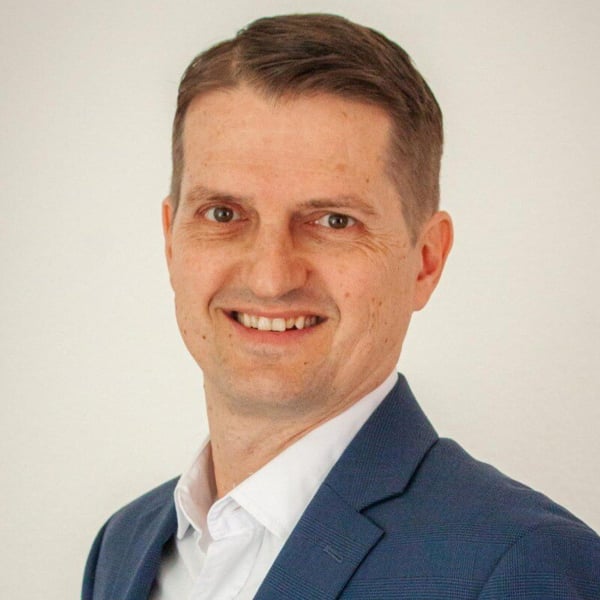

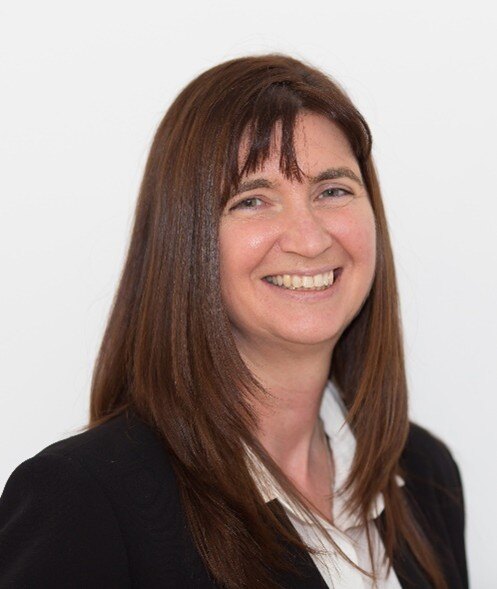
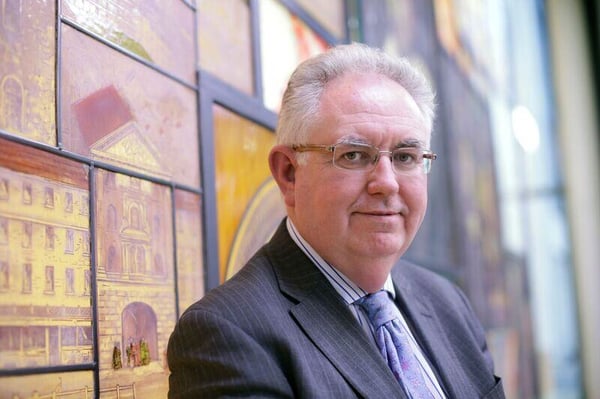
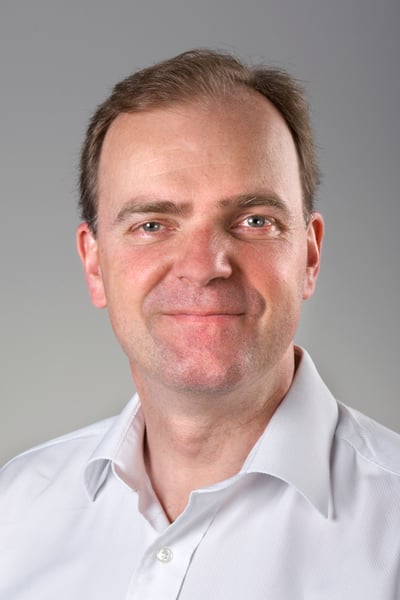

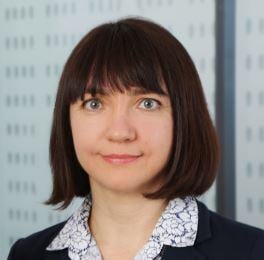
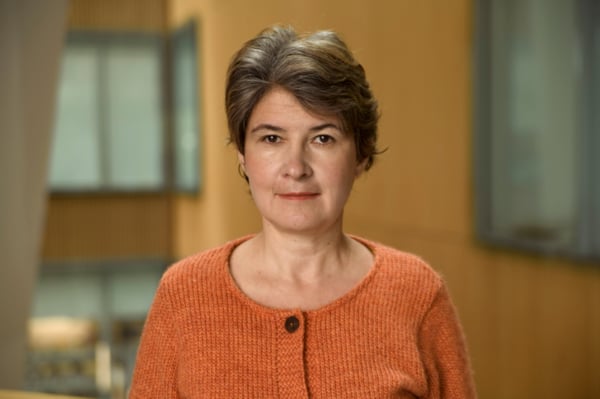
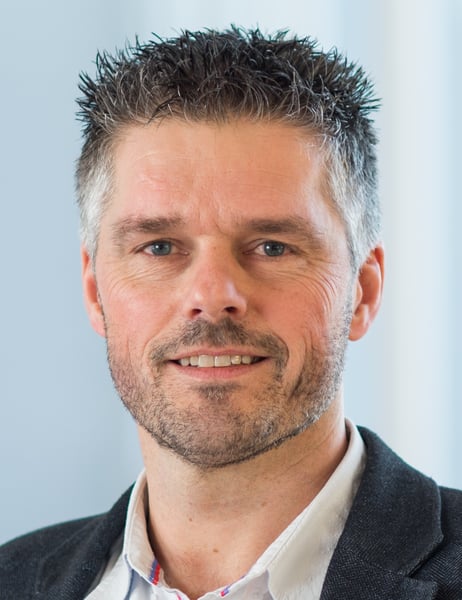
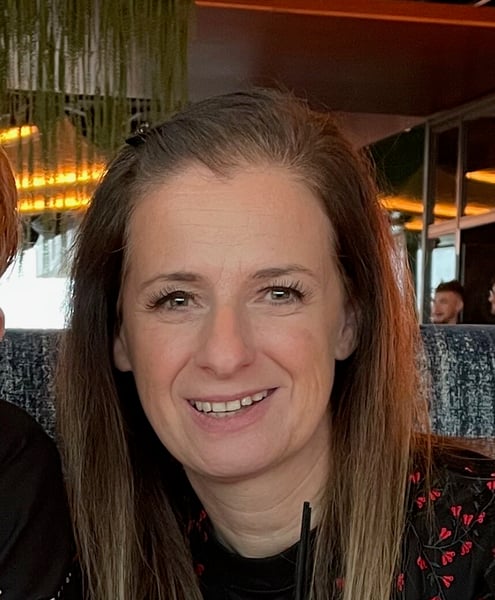

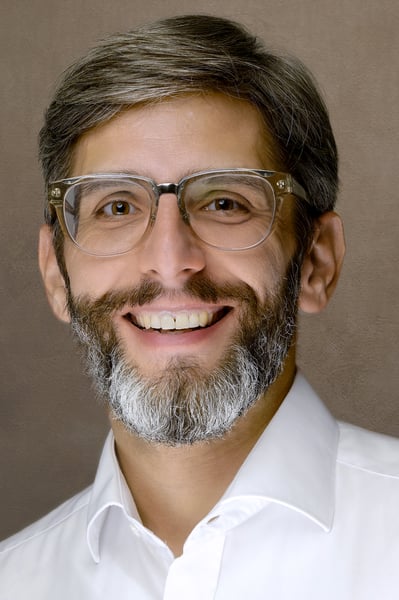

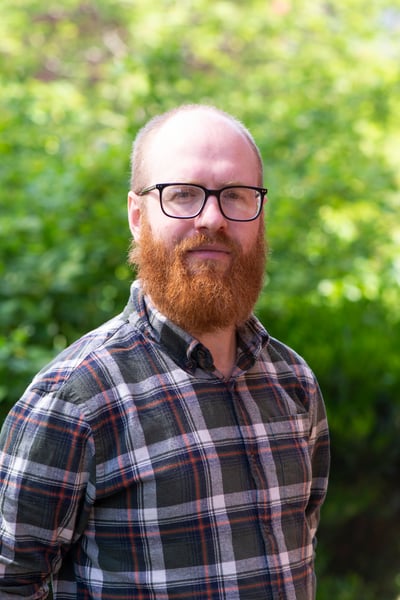

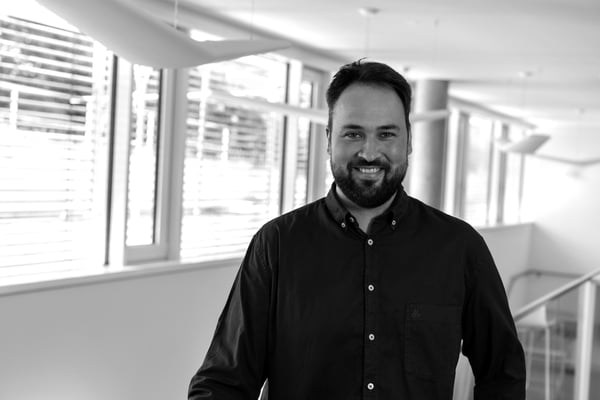
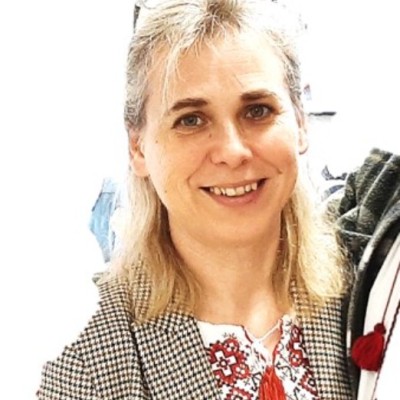

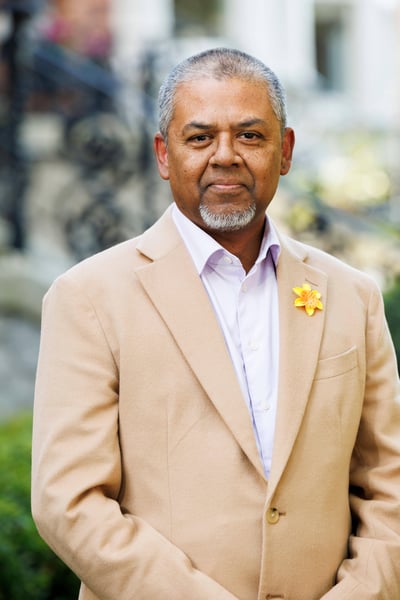

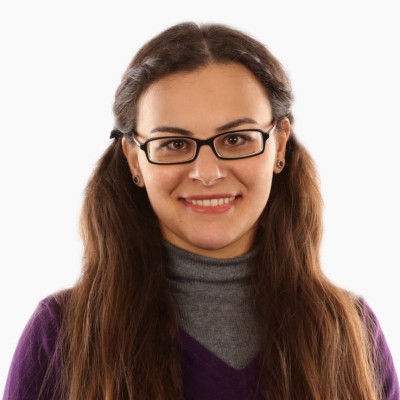


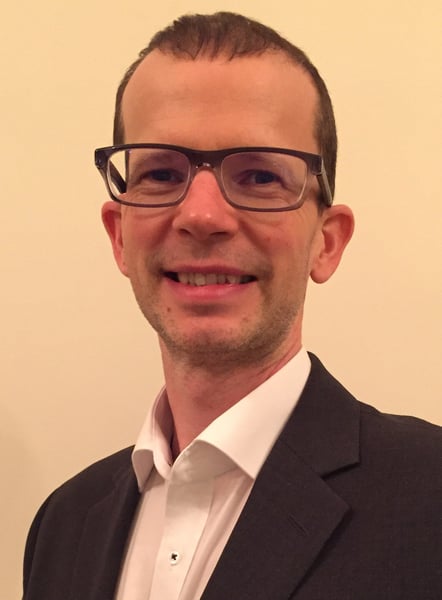
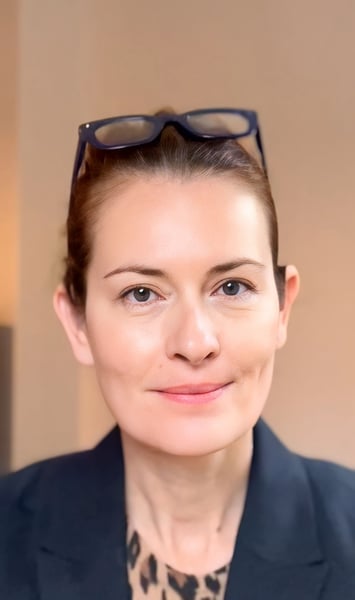

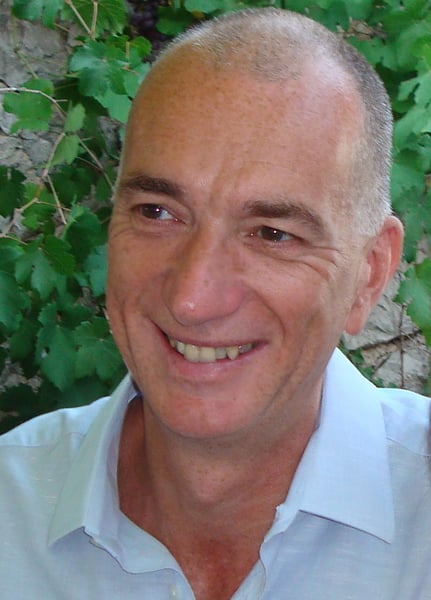

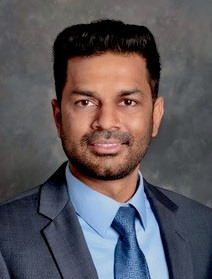


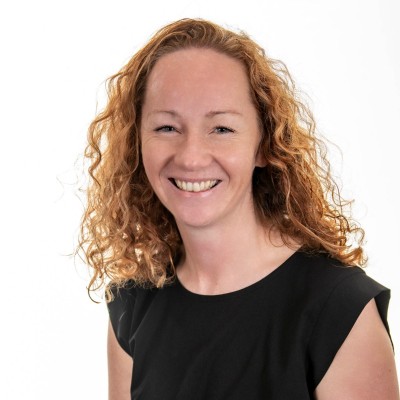
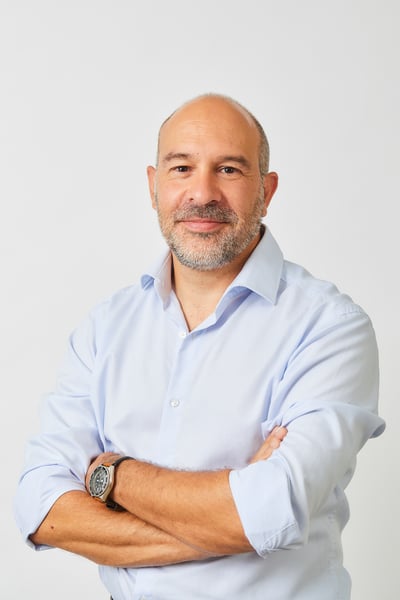
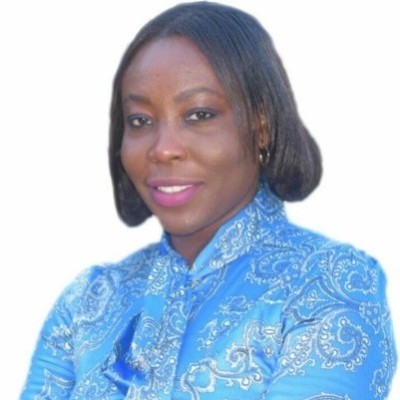
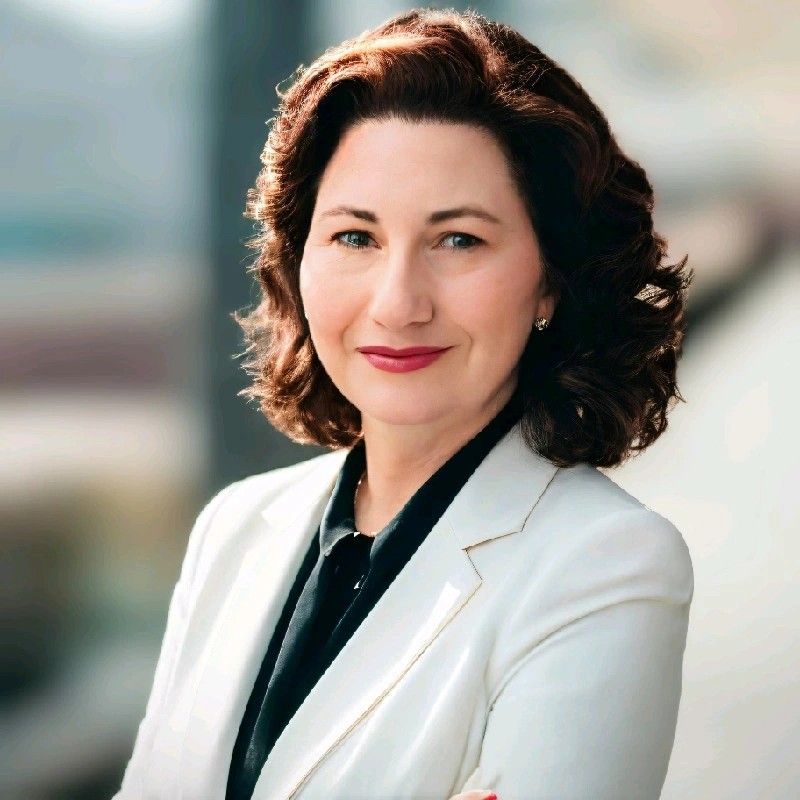

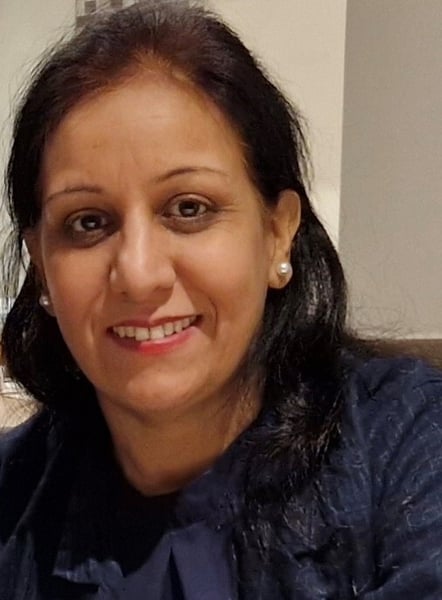
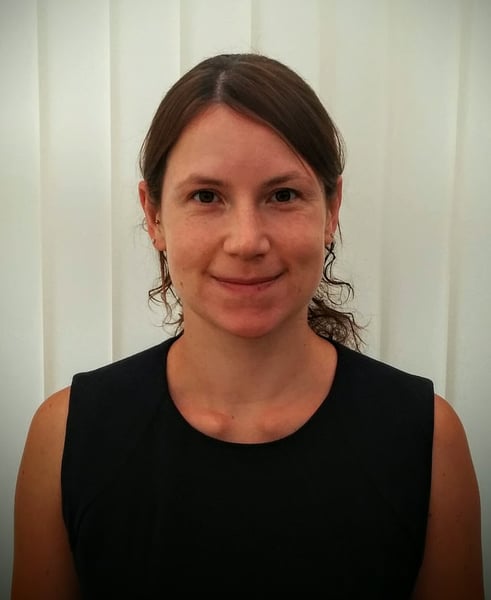
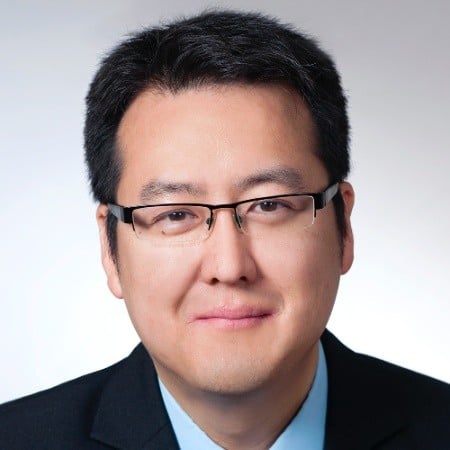
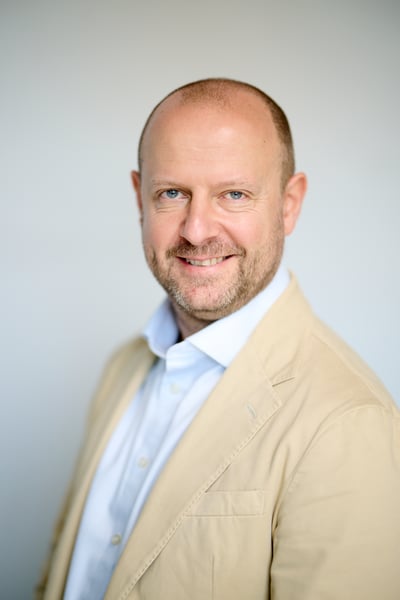

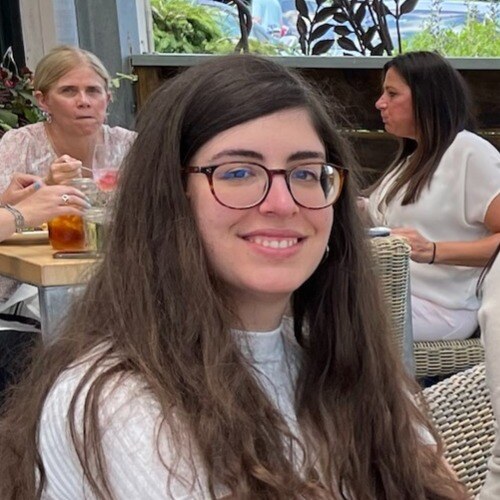
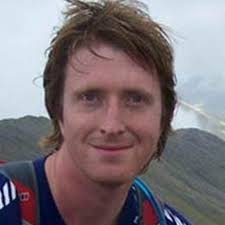
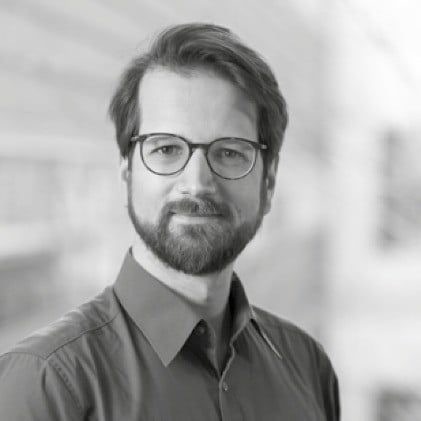
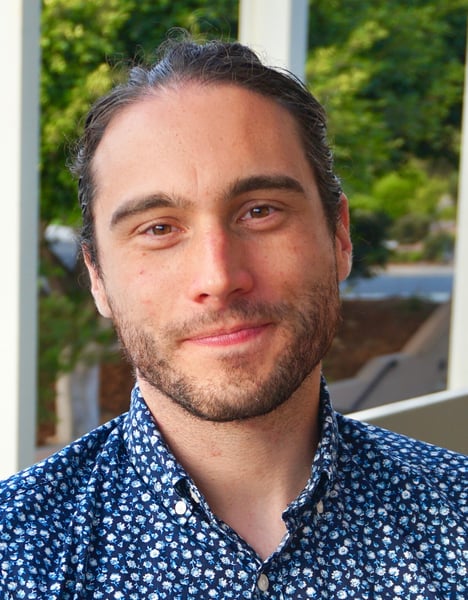
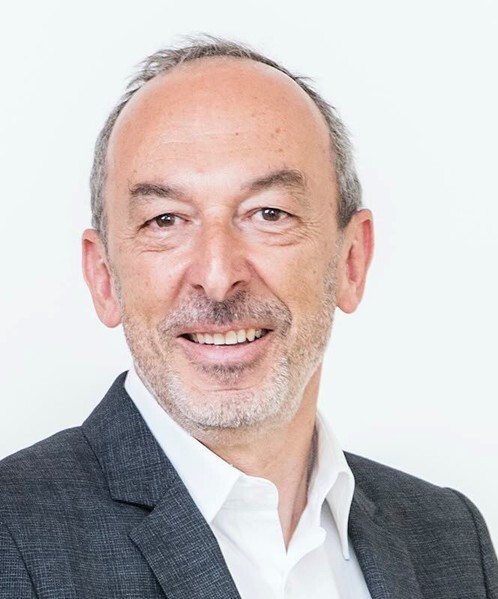


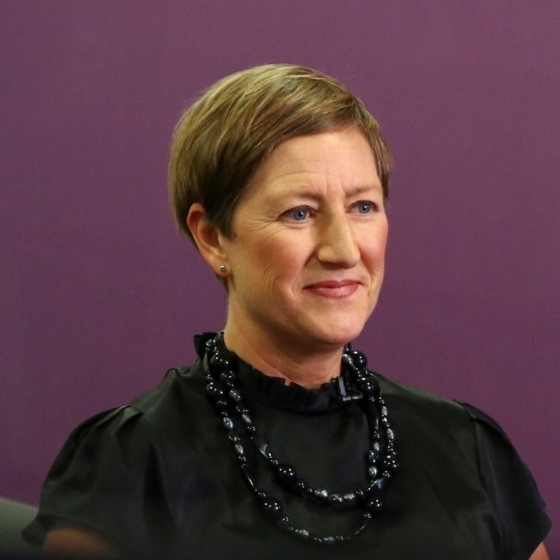
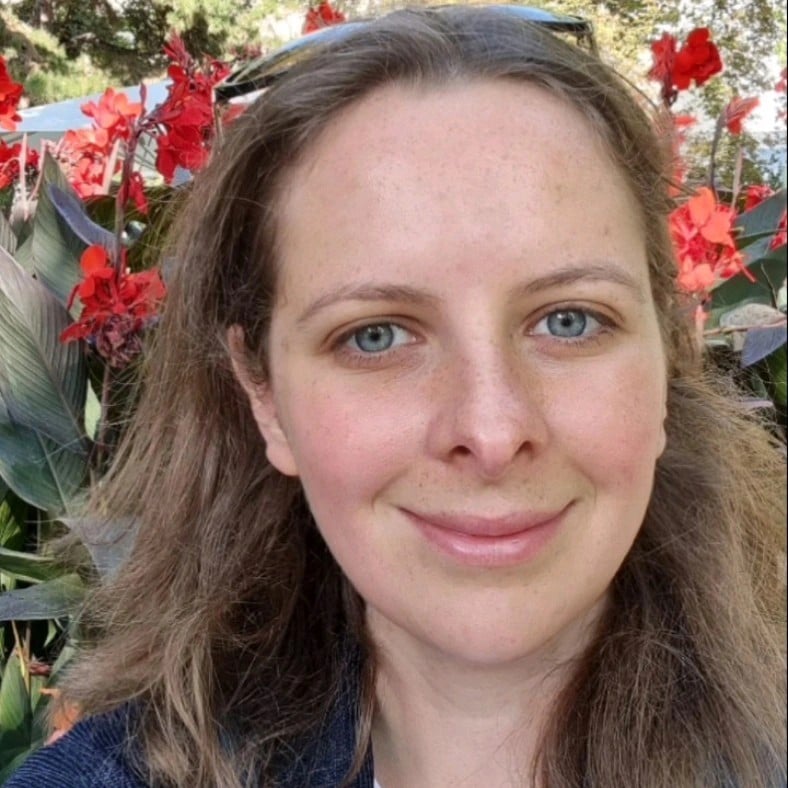
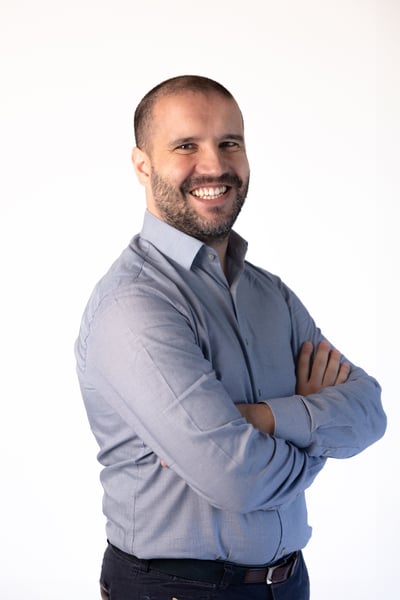
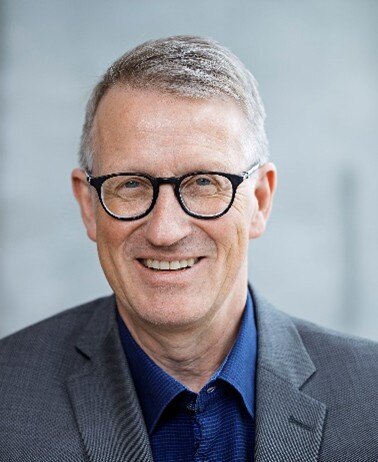
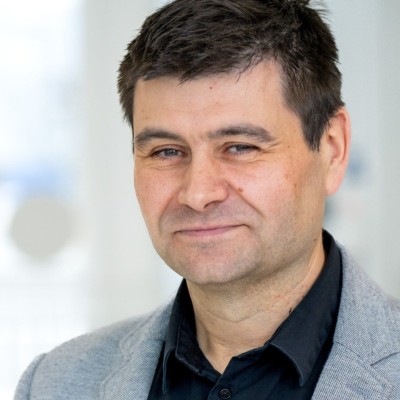
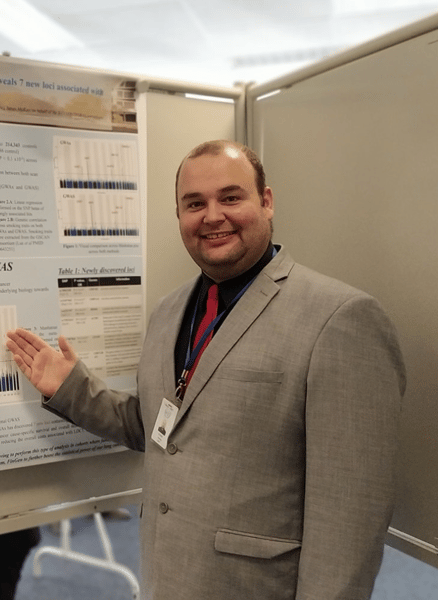
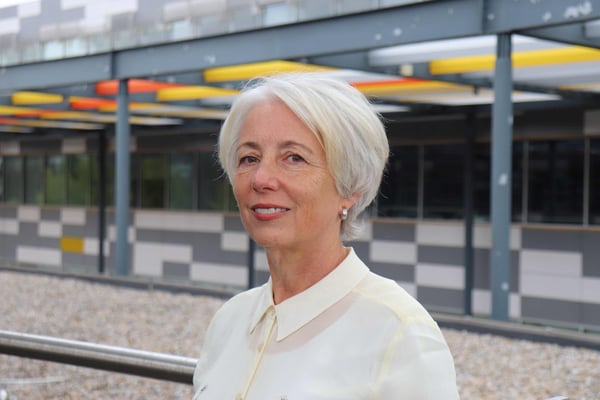
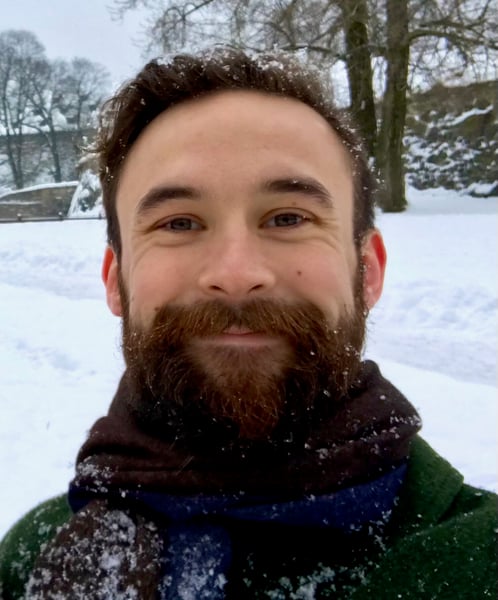
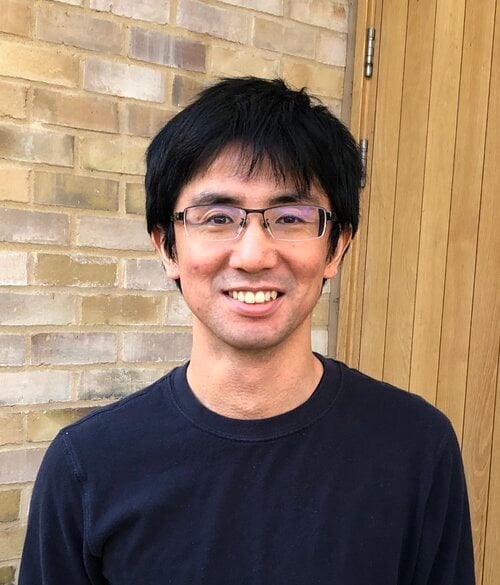


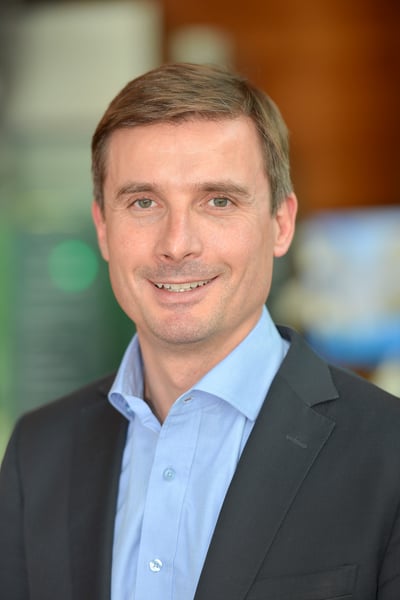
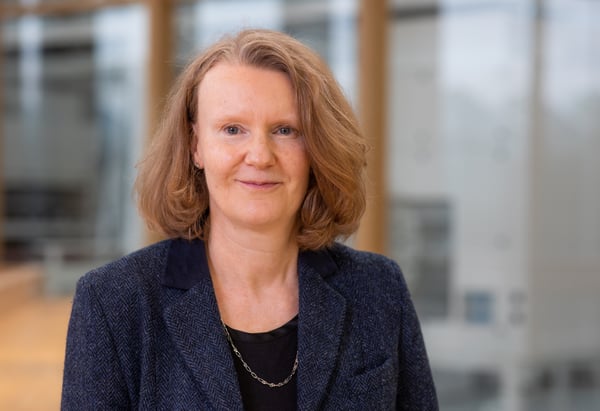
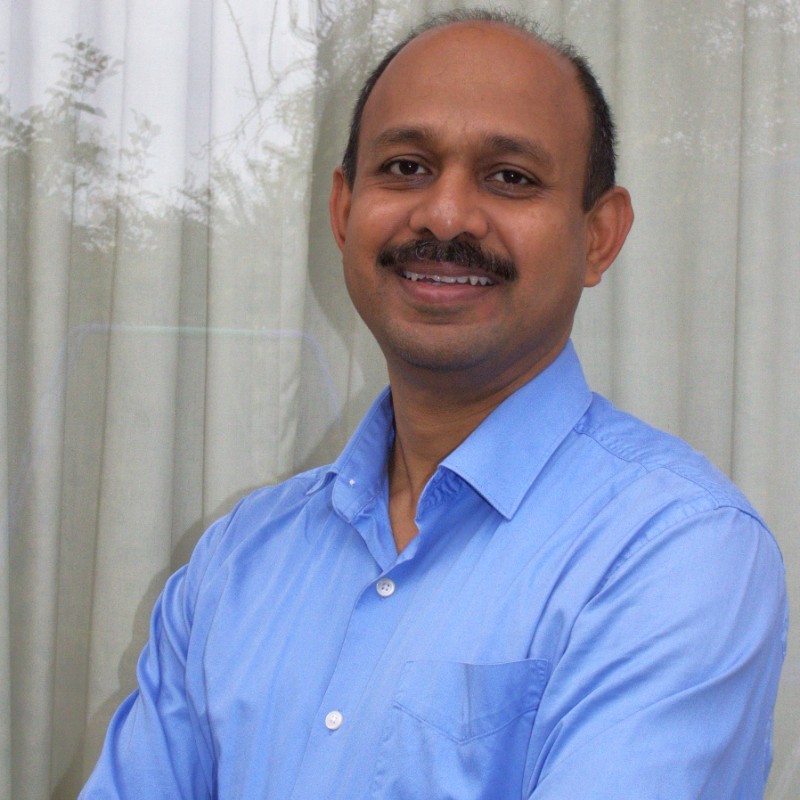
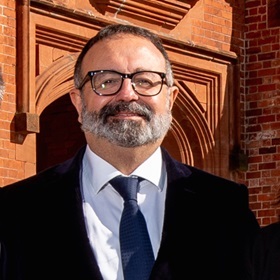
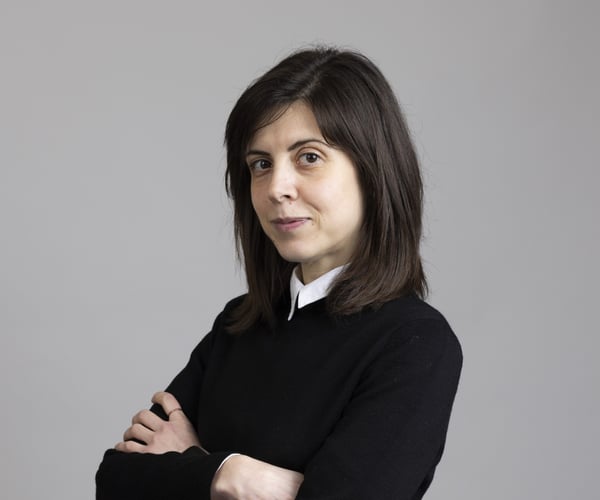
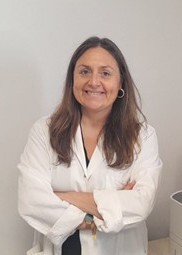

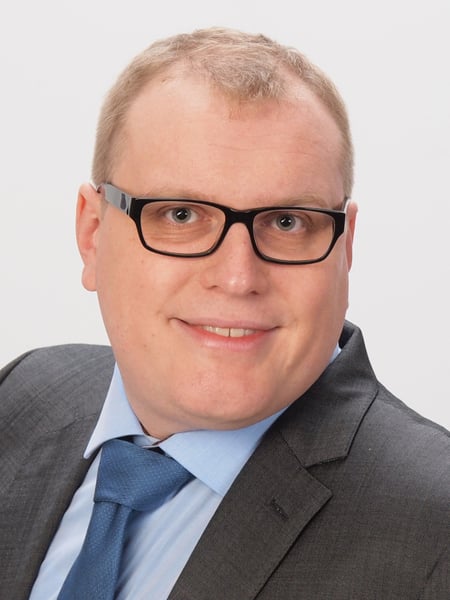
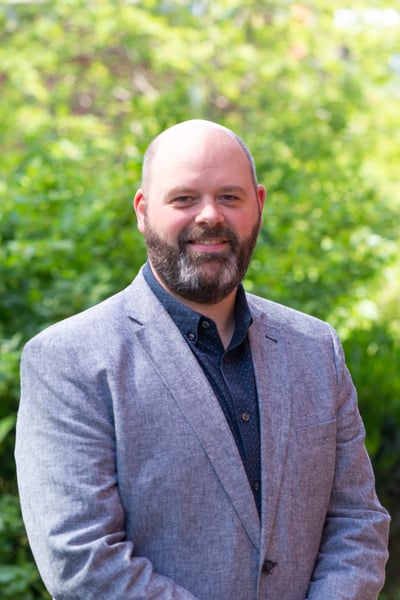
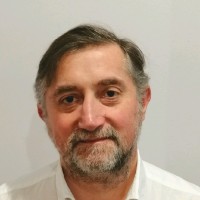
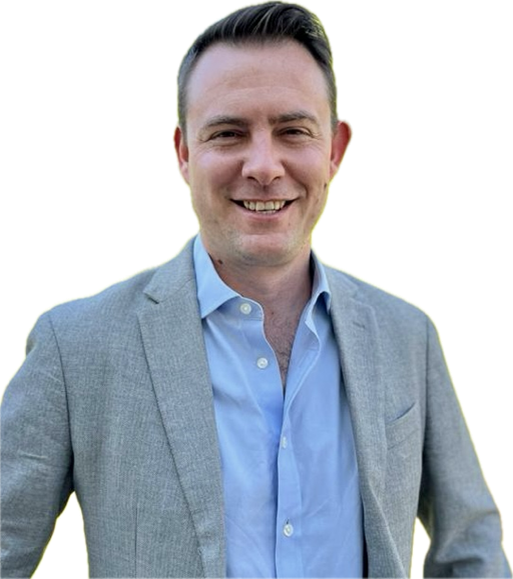
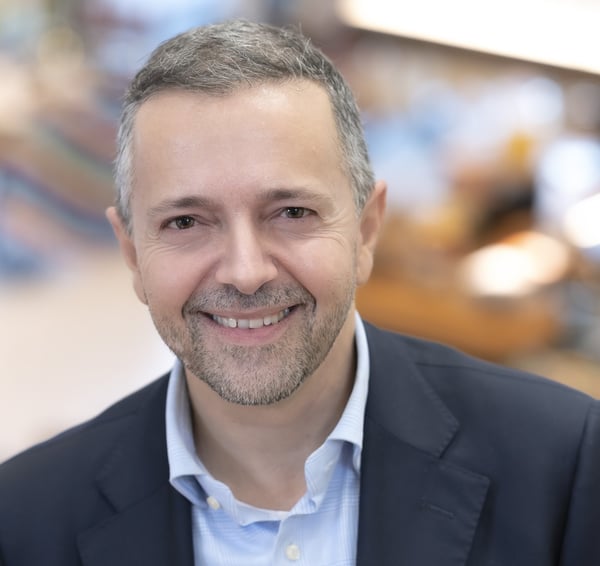
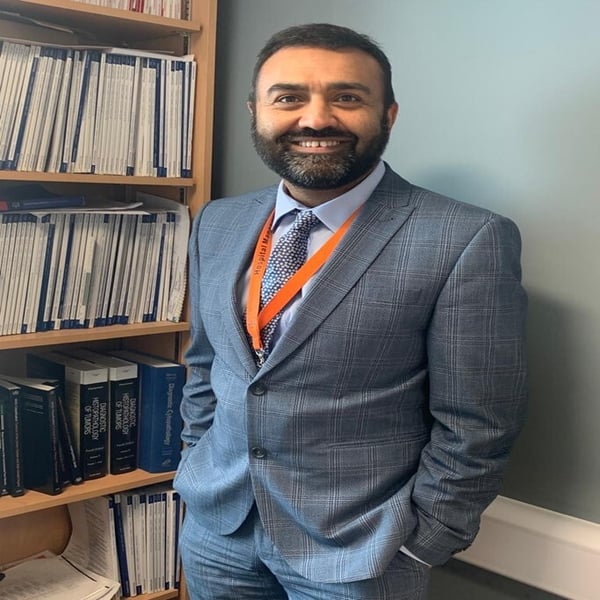
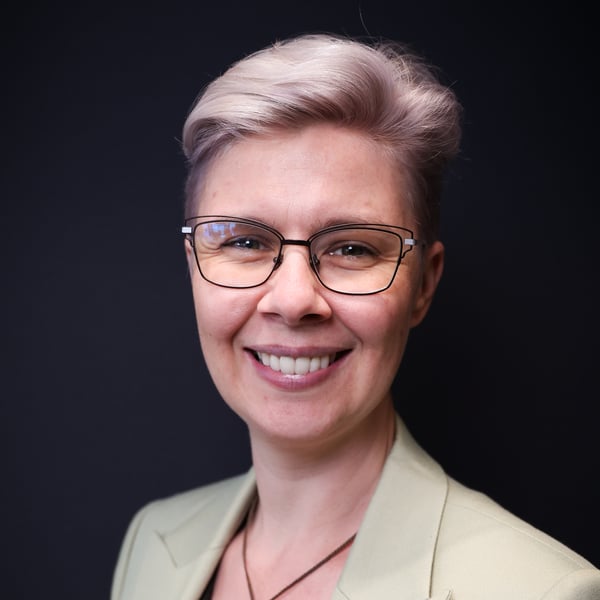
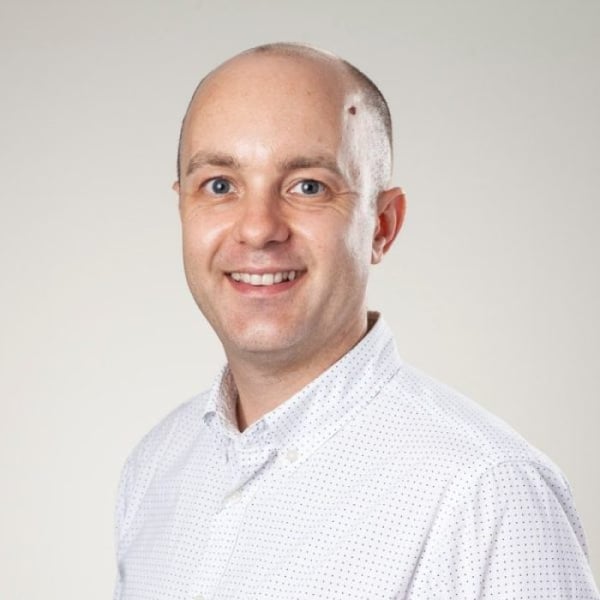
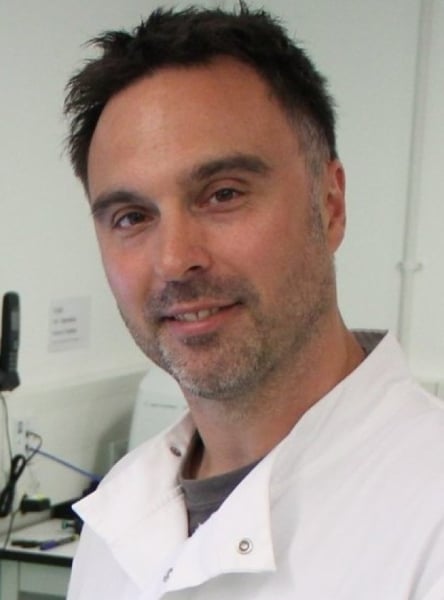
.jpg?length=600&name=3bb203aa-c4df-434c-9eb3-a974fad3766c-2-11764368speaker_photo-1516569446425-(2).jpg)


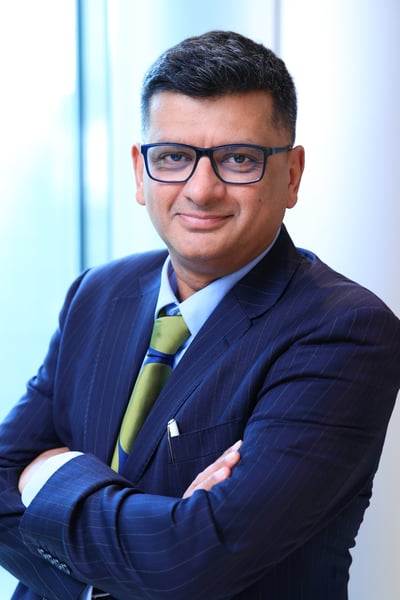
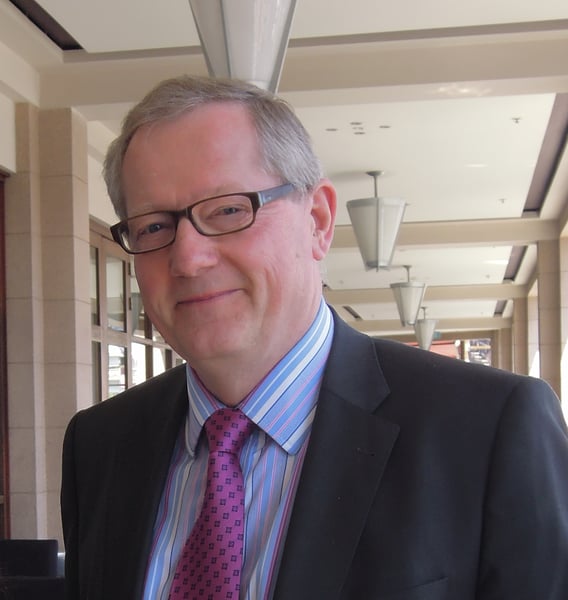
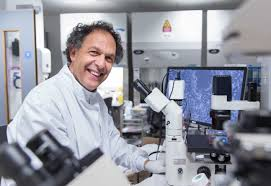
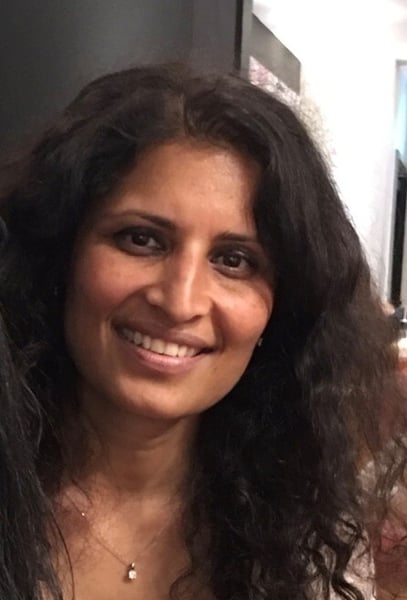
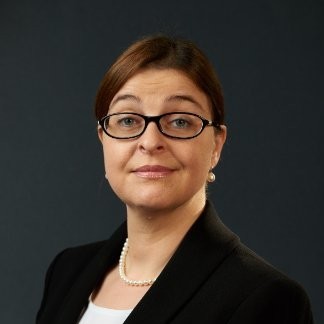


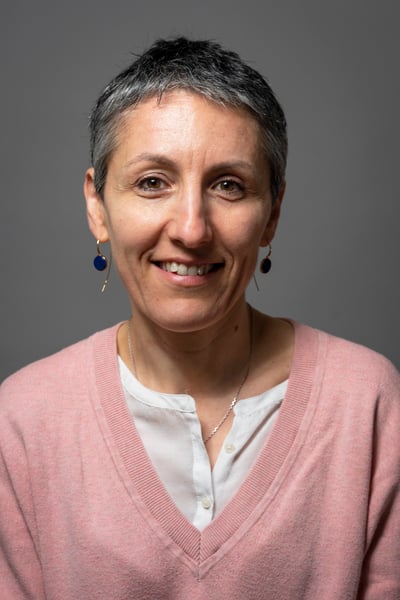
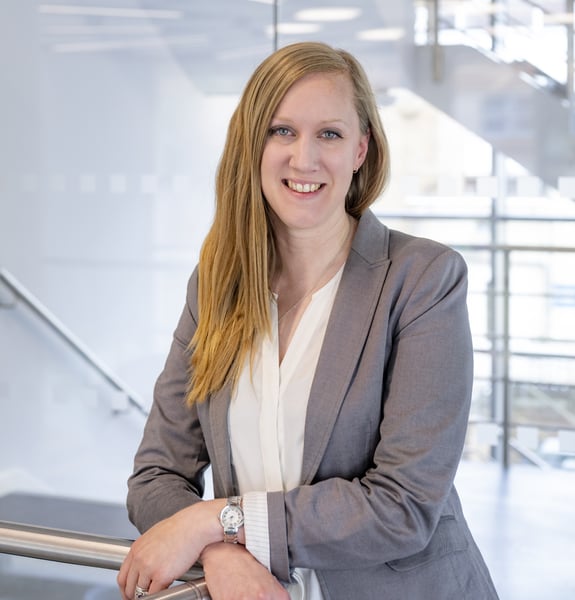

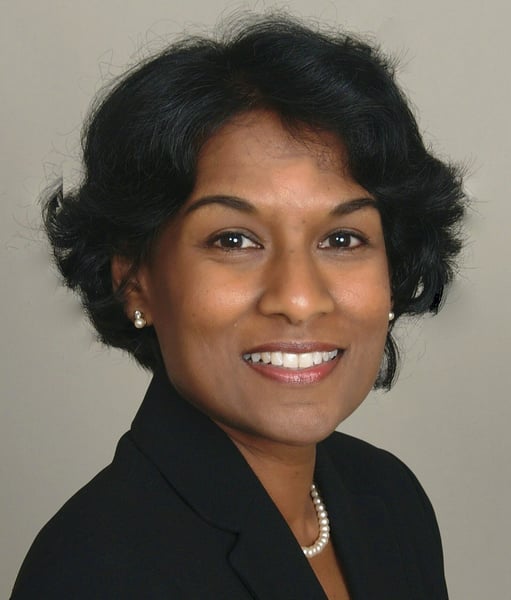
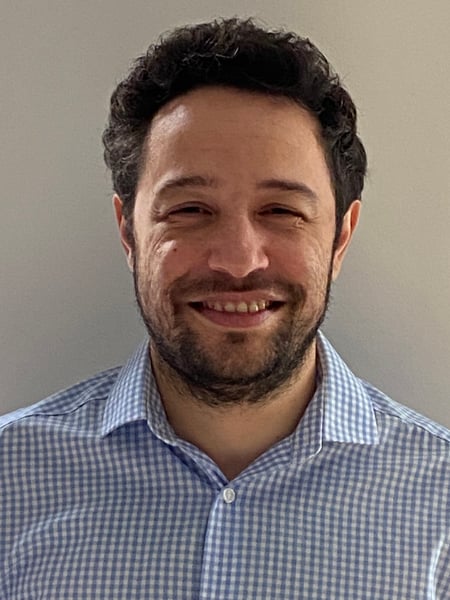
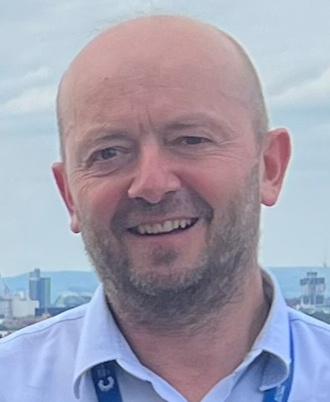
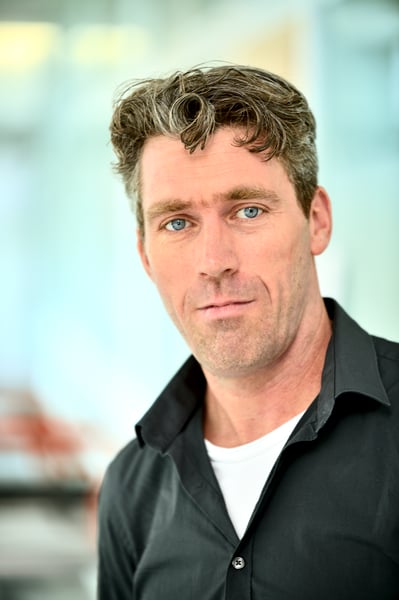
Are you developing a cutting-edge therapy, platform or technology? Our Start-Up Zone is designed to support emerging companies looking to increase their visibility, find potential partners or early adopters, and meet their investment goals – connecting them with our community of pharma, investors, and mid-to-large size biotechs.
Located in the Exhibition Hall, the Start-Up Zone allows therapeutic pioneers to showcase their approach, conduct invaluable 1:1 meetings and deliver a quick-fire pitch.
To get involved, apply today and our Start-Up Lead will be in touch to discuss further.
Criteria:
The Start-Up Zone is designed for therapeutic start-ups, academic spin-outs, and early-stage technology/service providers.
To be eligible for inclusion, you must meet the following criteria:
• 0 – 5 years operating
• 0 – 30 employees
• Pre-Series A funding
Successful applicants will receive as part of their package:
• 2 full conference passes
• 10-minute pitch on the Start-Up Stage
• 1x1m space in Start-Up Zone: cocktail table provided, start-up to bring 1x pull-up banner
• Logo featured on website & event platform as a participating start-up
• Ability to arrange 1:1 meetings via to the congress app
Have a peek into the dynamic panels, engaging roundtables, and hands-on workshops happening in Boston - right now!
Spatial Multi-Omics For Target-To-Disease Linkage In Inflammatory Diseases
MARINA BLECK, Principal Scientist, Boehringer Ingelheim
Marina discussed the use of multi omics for faster Faster Target-to- Disease Link (T2DL) with increased confidence and how they can leverage Spatial Biology to enhance the ability to derive insight from human disease tissues. Finally the Importance of FFPE Tissue Quality for Spatial Biology was discussed with the use of QC scoring to determine which FFPE tissue gives the best spatial transcriptomics results.
Spatial Biology As A Discovery Pathway
EMRE ARSLAN, Takeda
Emre Arslan from Takeda gave a talk about the use of Spatial Biology as a discovery pathway. First of all providing an update on the current landscape for spatial technologies then analysing how spatial technologies can be used in clinical trial design - such as the ability to identify previously unknown cell types, interactions and microenvironments and providing an ideal foundation for training better AI models.
JASMINE PLUMMER, Director, St Jude Children's Research Hosptial
Jasmine Plummer's day 2 keynote focused on Single cell into spatial and beyond. "The reason we are in this room is because it’s cutting edge" which is why the single cell and spatial field growing exponentially.
Future directions for the technology include Low throughput, clinical trials, other organisms, more tissue types, epigenomics
JUN WANG, Associate Professor, Multiplex Biotechnology Laboratory, Department of Biomedical Engineering, Stony Brook University
"Simpler but more powerful than flow and imaging cytometry"
MIST Technology provides100 times more information than flow cytometry and currently the highest multiplexity is up to 500 markers/ cell.
Panel Application Of Single Cell Omics In Clinical Monitoring
PRIYA CHOCKALINGAM, Vice President, Head of Clinical BioAnalytics & Translational Sciences, Beam Therapeutics
Priya's talk focused on Genome Editing Technologies for Gene & Cell Therapy and how cell & gene therapies require a specialized regulatory approach compared to other modalities. Appropriate assessments should therefore be put in place in both nonclinical and clinical stages to address safety concerns.
Various methods to assess off-target editing effects have evolved in the last decade. However, limitations remain in balancing accuracy vs sensitivity of these new techniques.
The direct assessment of off-target effects in vivo and in patients is particularly challenging.
Novel single-cell technologies enable quantitation/co-occurrence of on-/off-target editing through patient time-course of treatment
Comparative Insights In Single Cell RNA-seq & Advances In Large-Scale Multimodal Profiling
ZORA MODRUSAN, Senior Director NGS, Genentech
Zora focused on both key insights and future directions of single cell RNA-Seq. scRNA-seq technologies were evaluated and the differences in performance across various metrics such as sensitivity, throughput and cost were compared across different systems.
The Overloading And unpacKing (OAK) method provides a reliable solution for large-scale molecular profiling that incorporates multiple data modalities.
Moving forward they will continue to evaluate the latest scRNA-seq kits to understand differences and guide optimal performance. Zora would also like to enhance OAK's capabilities by integrating additional modalities and applying the platform to a wide range of biological systems.
Our 2025 Partners & Sponsors
Diamond Sponsor

Gold Sponsors




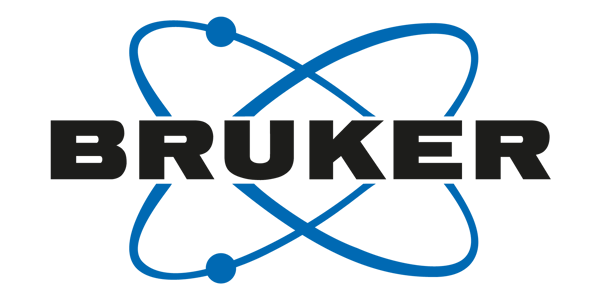
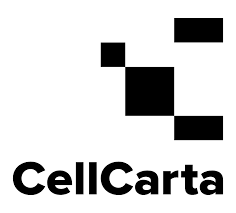
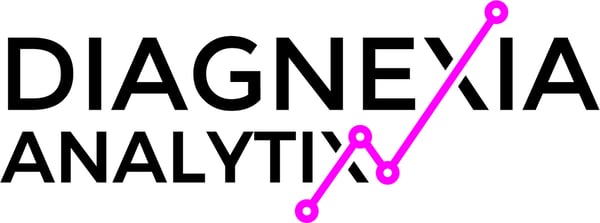
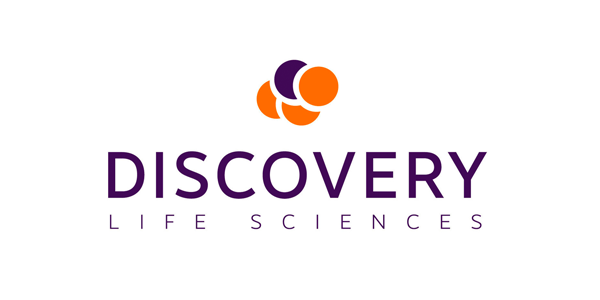






.png?length=600&name=e271b6e3-7143-47e9-931f-6c1acf7978aa-2-5668375logo-PersonalisCorporateLogo-(1).png)
.png?length=600&name=PFM_RGB-(R).png)


.jpg?length=600&name=bf44ff0a-0418-42b4-a2e0-4755d450c224-2-5668375logo-standardbio-color-logo-blue-outline-blue-TM-(2).jpg)
Silver Sponsors




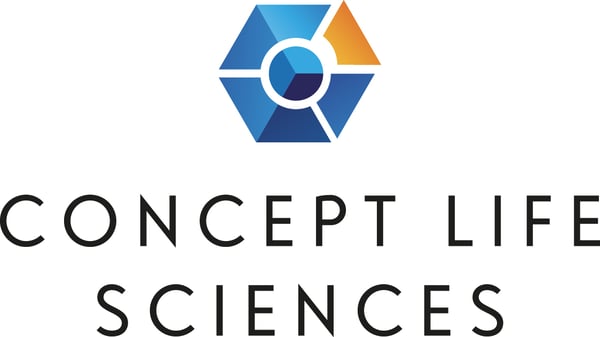
_horizontal-fire.png?length=600&name=45f9b4c7-7256-481e-99be-7800f07088e7-2-5668375logo-FMI(R)_horizontal-fire.png)









Bronze Sponsors

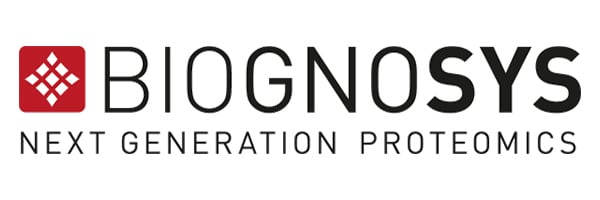




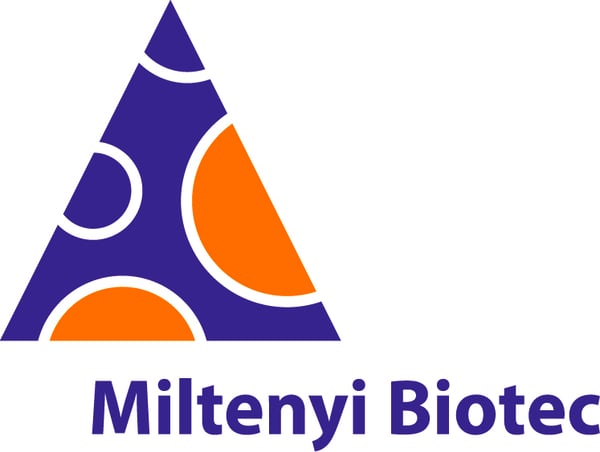
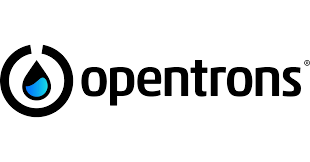
.jpg?length=600&name=download%20(46).jpg)
.png?length=600&name=3ebab810-7368-4d37-bc16-77d994699581-2-5668375logo-RareCyte_Logo_PMS7585-CoolGray11-(R).png)
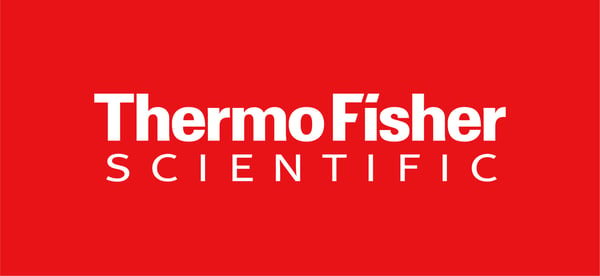
Network & Programme Sponsors

_v2.png?length=600&name=6cb50466-0042-4b9a-9d6d-55408ce8255f-2-5668375logo-Altheome-orange-(1)_v2.png)


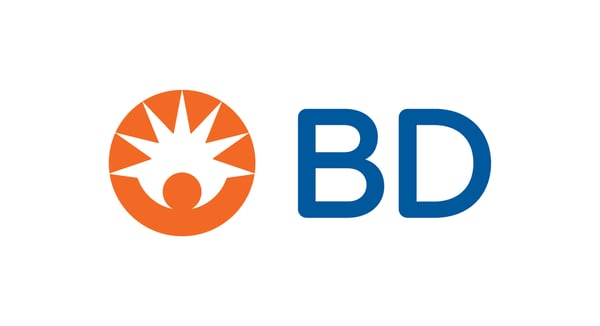


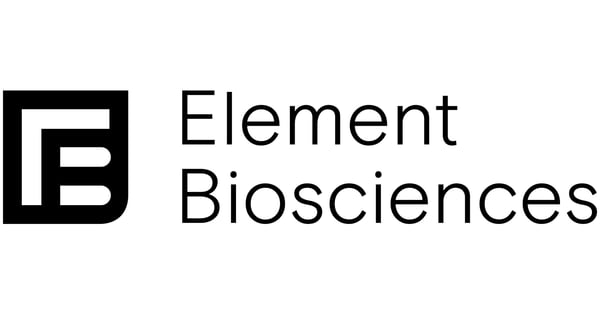
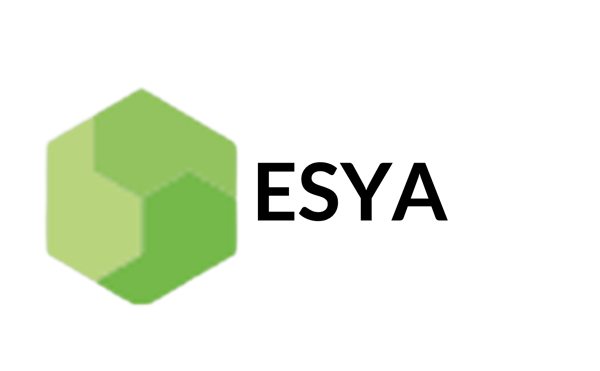



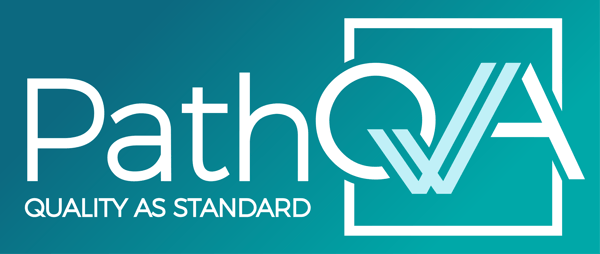
.png?length=600&name=f90ba4ee-dc07-414e-8829-9ceb80d149e6-2-5668375logo-Proscia-(14).png)
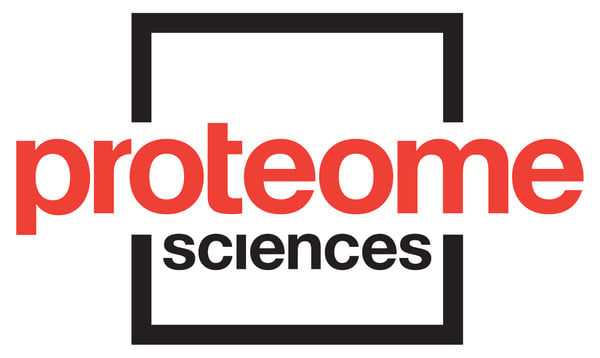


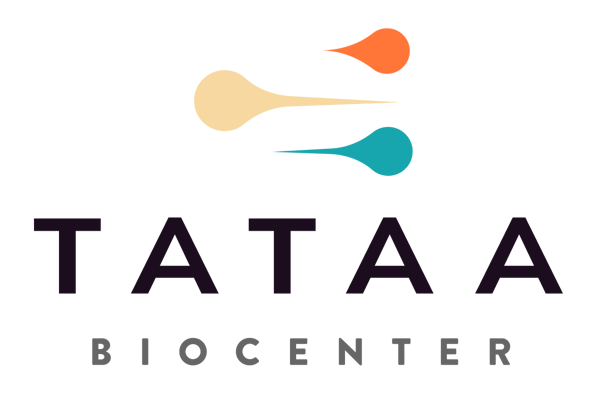

Start-Ups


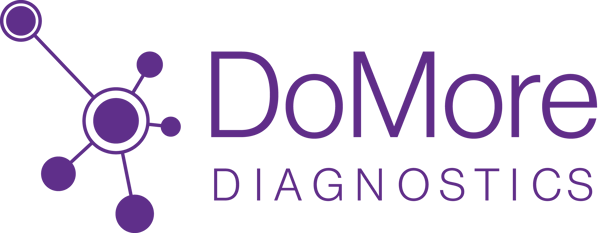

Training Partner

Powering Go-To-Market For Life Science Teams
Succession helps founders and sales teams close more deals with biotech and pharma. We partner with our clients to run modern lead generation campaigns, up-skill their team through personalized sales training, and build AI workflows using cutting edge tools and technology.









